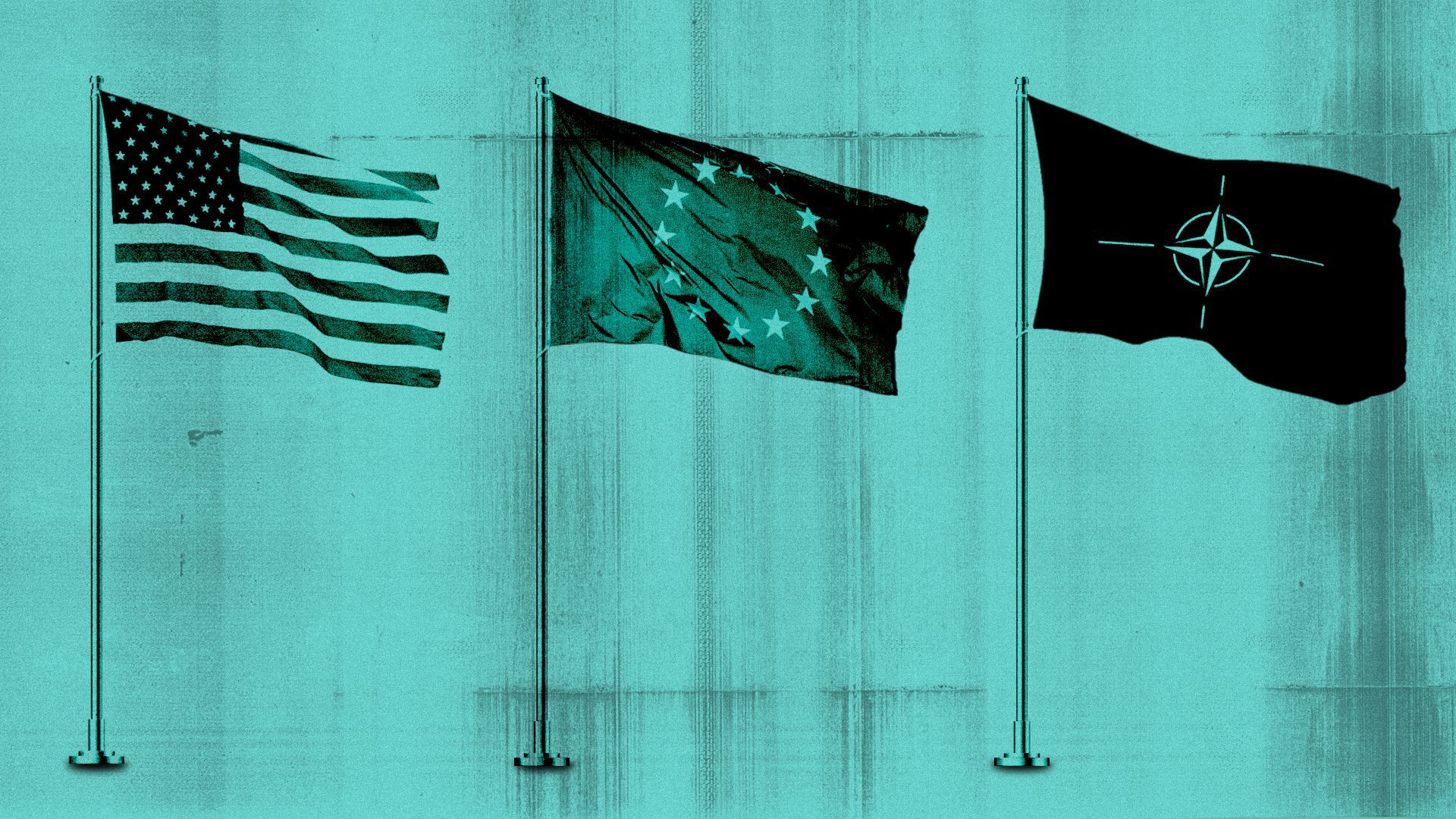|
||
| Axios Pro Rata | ||
| By Dan Primack · Jul 01, 2025 | ||
| Top of the Morning | ||

|
||
|
Illustration: Shoshana Gordon/Axios |
||
|
NATO nations last week agreed to spend at least 5% of GDP on defense by 2035, in a major diplomatic win for the Trump administration. Why it matters: This is a strong tailwind for defense-tech startups, which in the past few years have moved from venture capital's Island of Misfit Toys to Love Island.
Driving the news: The NATO pledge includes 3.5% on core defense and 1.5% on securing critical infrastructure.
By the numbers: More than 400 global defense-tech companies have raised nearly $13 billion so far in 2025, per PitchBook. Zoom in: As venture capitalists rush into the sector, there are some pretty big questions about how they'll ever exit.
The bottom line: Defense-tech investment is booming. But it may also be sitting on a bomb. |
||
|
|
||
| The BFD | ||

|
||
|
Illustration: Gabriella Turrisi/Axios |
||
|
Republic has begun selling reservations for "mirror tokens" for equity in select unicorn companies. It began last week with SpaceX, and today is launching both Anthropic and Epic Games. Why it's the BFD: This is the latest step in the march toward private market democratization, as retail investors otherwise wouldn't have access to such names. How it works, per Axios Crypto's Brady Dale: Users can reserve exposure to future shares, or fractional shares, as tokens on the Solana blockchain. They only can trade with other wallets approved to interact with the underlying smart contract that governs the token.
The bottom line: Stock tokenization is coming, with Coinbase and Robinhood both recently announcing public equity plans in the U.S. and Europe, respectively. |
||
|
|
||
| Venture Capital Deals | ||
|
• Klar, a Mexican financial services platform, raised $170m at a valuation north of $800m. General Atlantic led, joined by Santander Group, DEG, Grupo Televisa, Grupo Fórmula, Citius, and insiders Prosus, IFC, Mouro Capital, and Quona Capital. It also secured $20m in venture debt from WTI. axios.link/3GoxtCs • Genesis AI, a developer of foundational models for robots, raised $105m in seed funding. Eclipse and Khosla Ventures led, joined by Bpifrance and HSG. axios.link/46t4W9k • Levelpath, an SF-based procurement platform, raised $55m in Series B funding. Battery Ventures led, joined by Redpoint Ventures, Benchmark, 01A, New View Capital, and World Innovation Lab. axios.link/3I9gSD7 |

